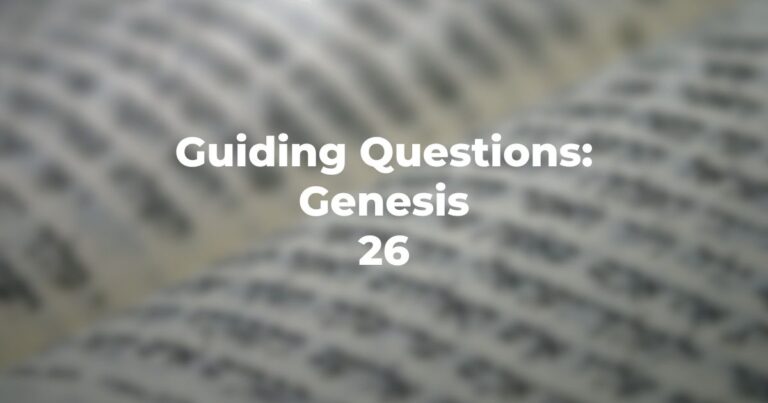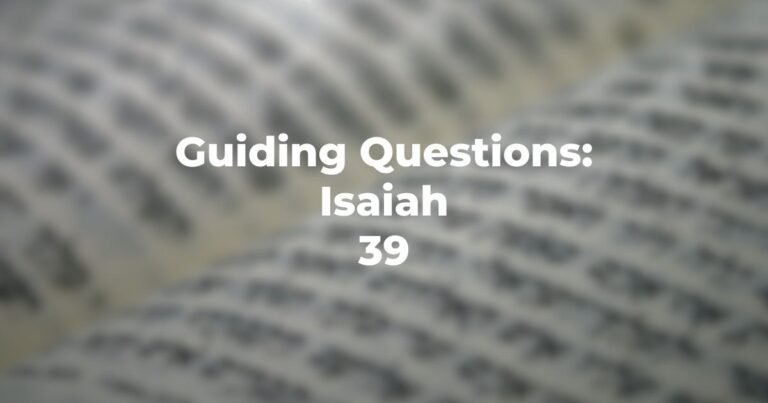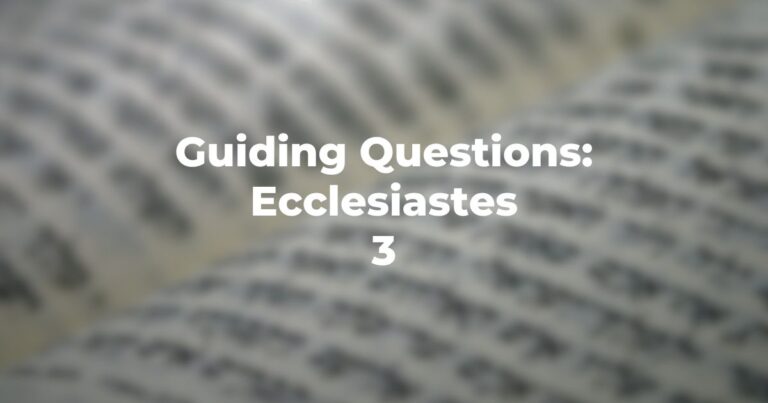- Does Proverbs 20:1 advocate abstinence from alcohol? What is the attitude of normative Judaism?
- Do the assertions in Proverbs 20:1-4 have any relationship to each other?
- The traditional commentaries offer a variety of explanations for Proverbs 20:6, e.g., “Who can find a faithful man who will not proclaim his own merits?” (Ibn Ezra). How do you understand this verse?
- Does Proverbs 20:8 contradict Proverbs 20:2?
- Does Proverbs 20:11 appear self-contradictory?
- What is the underlying message of Proverbs 20:12?
- Is the message of Proverbs 20:14 still valid today?
- Who is the subject of Proverbs 20:16 and what is the message? Does it relate to a mitzvah in the TorahRefers to the first five books of the Hebrew Bible, the Tanakh, also called the Five Books of Moses, Pentateuch or the Hebrew equivalent, Humash. This is also called the Written Torah. The term may also refer to teachings that expound on Jewish tradition. Read more recorded in Deuteronomy 24:10-13?
- What is the meaning of “later his mouth will be filled with gravel” (Proverbs 20:17)?
- To whom is Proverbs 20:18 addressed?
- In Proverbs 20:19, holekh rakhil is rendered “base fellow.” The conventional meaning is “talebearer” or “gossip.” Which version better fits the context?
- Compare Proverbs 20:20 with Leviticus 20:9. Do both verses convey the same message?
- What distinguishes Proverbs 20:22-24 from the rest of the chapter and much of the book?
- What is the general attitude of tradition toward vows alluded to in Proverbs 20:25?
- Compare Proverbs 20:26 with Proverbs 20:2 and Proverbs 20:8. What is meant by “turns the wheel”?
- The first half of Proverbs 20:27 is in USCJ’s logo. What does it mean? How is it usually translated? Does JPS alter the meaning?
- Compare Proverbs 20:28 to the preceding references to a king. Why weren’t they grouped as a unit?
- In Proverbs 20:30, by whom are “the bruises and wounds” inflicted?
Author
-

Exploring Judaism is the digital home for Conservative/Masorti Judaism, embracing the beauty and complexity of Judaism, and our personal search for meaning, learning, and connecting. Our goal is to create content based on three core framing: Meaning-Making (Why?), Practical Living (How?), and Explainers (What?).
View all posts




